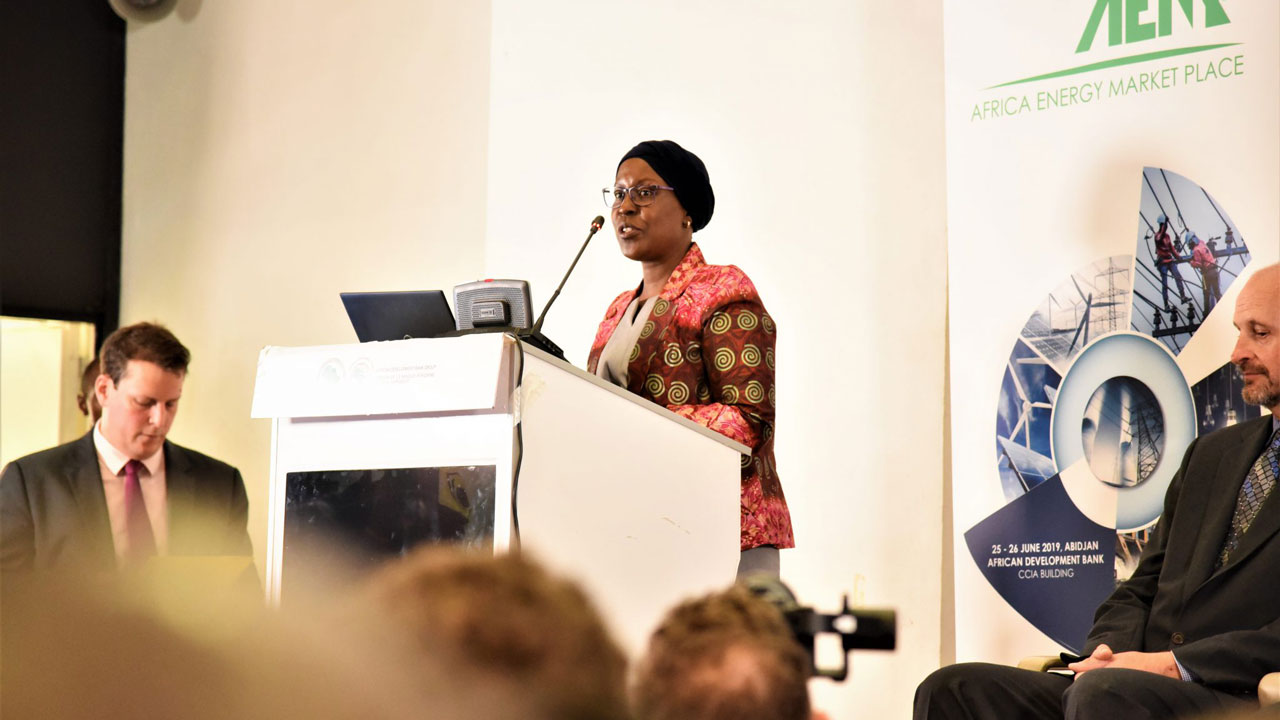
Even when a pandemic causes the world to come to a halt, the demand for clean energy access remains pressing.
In this blog, Pauline Githugu, our Team Leader on DFID’s Africa Clean Energy Technical Assistance Facility (ACE TAF), gives us some insights on how they are supporting governments and maintaining the programme’s momentum at this time.
As early as the middle of March this year, governments across Africa started preparing for the possible impacts of the raging COVID-19 pandemic. Among many actions, they issued directives on cessation of movement, social distancing and wearing of face masks in public. As this started happening, the ACE TAF team– working across 14 African countries – started making sure that COVID-19 would not derail our activities. Working with key stakeholders – including the various ministries of Energy – we were determined to keep making clean energy more accessible across the continent and making it easier for the private sector to reach their vulnerable customers in remote and difficult to reach areas.
Driven to support our partners during this crisis, we conducted a survey to evaluate how the ministries of Energy could navigate the challenges ahead. While coming to terms with the reality of the pandemic and re-adjusting to the new normal – such as working from home – they also highlighted several key issues:
- Stability: Ministries were concerned that their national grids needed to remain stable to ensure continuity for health facilities.
- Connectivity: There was need for populations in off-grid rural populations to stay connected. They continue to need solar lights, ability to charge their phones, access to radio and TV for public information and access to education content for children learning from home. Unfortunately, there was little consensus on how to provide support to the off-grid sector while recognising the important role it continues to play in the affected areas.
- Support for healthcare facilities: At the moment, there is little focus on the potential of off-grid solar solutions to upgrade rural healthcare facilities. If deployed, rural health clinics could increase the capacity to deal with COVID cases in the event that the main hospitals lack capacity.
- SDG Commitments: There were concerns that the pandemic will make it more difficult to achieve the Sustainable Development Goal No. 7 for universal access to affordable and clean energy by 2030. These are commitments that were made by all members of the United Nations.
In response to these findings, we have provided information to policy makers in the hope that it will guide them on the right way to deal with the crisis:
- See the complete analysis of the April survey
- In addition, we have also released a guidance note for governments to reduce the impact of COVID-19 on rural off-grid communities
- We have also published two COVID-19 briefing notes: Vulnerable Off-Grid Populations urgently need Publicly Funded Consumer Relief to Maintain Energy Access During COVID-19 and The Potential for Productive Use Solar Technologies to Address Food Security in East Africa
The pandemic has sparked lots of concerns and uncertainties for both our partners and ourselves. The current crisis, however, also gives us another opportunity to demonstrate that the off-grid sector is an essential service for rural communities.
And as for our team? As the ACE TAF implementation team, we are a diverse group anyway – we are used to working remotely with each other, across the 14 countries and with the project management team in the UK. The lockdowns and isolation in our respective countries are affecting our day-to-day lives, certainly, but it has been something of a relief that we were already set up to keep up our work during this disruption, allowing us to keep focusing our energy on delivering the programme.
We are looking forward to when we will be able to get all our Country Managers together again in person but, until then, we will keep working, keep monitoring how COVID-19 is affecting the clean and off-grid energy landscape across our countries and hopefully help our countries to ‘keep the lights on’ throughout this time.